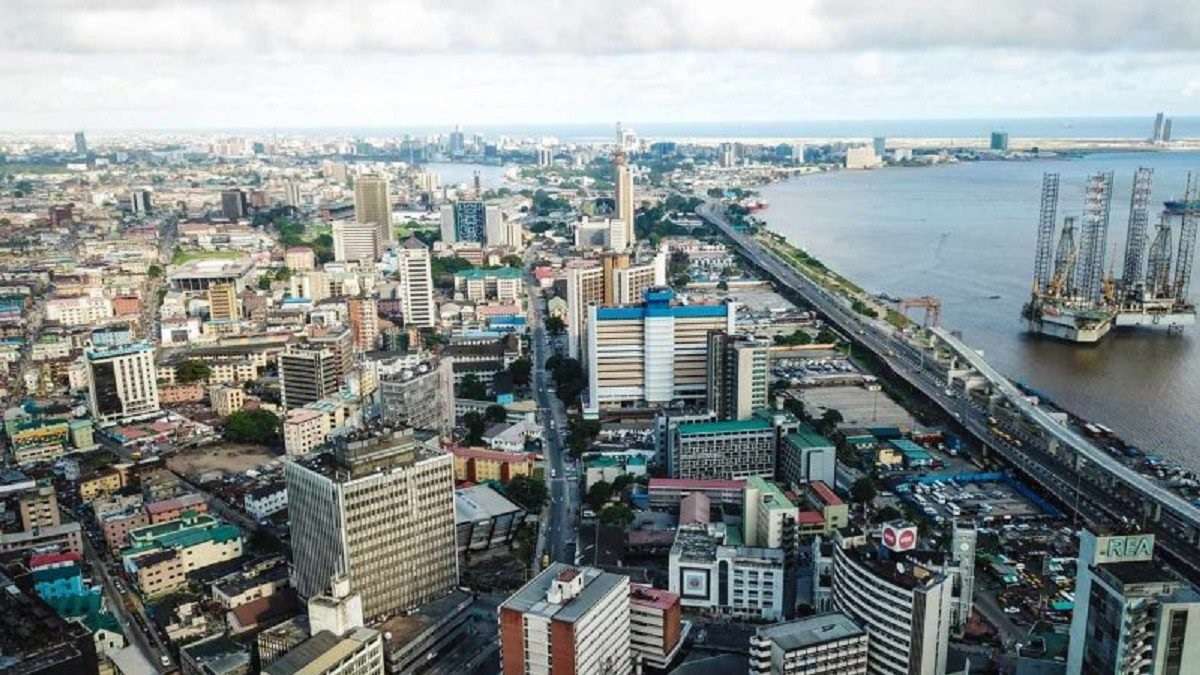Business conditions in the Nigerian private sector were broadly stagnant in August, Stanbic IBTC Purchasing Manager Index (PMI) released by S&P Global revealed.
The PMI reported noted that although new orders returned to growth, the rate of expansion was only modest and insufficient to result in a rise in business activity, which fell fractionally.
“Employment continued to increase, however, as firms worked through outstanding business at a faster pace. Companies continued to contend with sharply rising input costs, with the rate of inflation quickening since July. In turn, firms increased their own selling prices at a faster pace”, the report stated.

The headline PMI ticked up to 49.9 in August from 49.2 in July, but remained just below the 50.0 no-change mark and signaled a broadly stable picture for business conditions in the Nigerian private sector.
The stagnation in overall operating conditions was in line with the trend in business activity, which decreased fractionally for the second consecutive month, according to the report.
“Companies reported that demand remained muted amid strong inflationary pressures, but there were some signs of encouragement as new orders returned to growth.
“New business was up slightly, reversing a decline seen in July. That said, the pace of expansion was much softer than the series average. New business rose across three of the four monitored sectors, the exception being services.
“Employment also increased, extending the current sequence of job creation to four months. Although modest, the latest rise in staffing levels was the fastest since last November.
“Rising staffing levels and muted new order inflows meant that firms were able to deplete their backlogs of work at the joint-fastest pace since June 2022. Input costs rose rapidly again midway through the third quarter. The rate of purchase cost inflation hit a fivemonth high amid increases in prices for materials and transportation, with cost pressures exacerbated by currency weakness.
“Staff costs were also up as firms increased pay in response to higher living costs. Higher input costs were often passed on to customers, and output prices subsequently increased at the sharpest pace in five months”.
The PMI report stated that sharply rising material costs and muted demand led firms to scale back purchasing activity, while stocks of inputs decreased for the first time in 17 months.
Moreover, the reduction in inventories was one of the sharpest on record, if COVID-19 pandemic months are excluded. Meanwhile, supplier lead times continued to shorten. Business expansion plans meant that companies were optimistic that output will increase over the coming year.
Although rising from July’s record low, sentiment remained among the least optimistic since the survey began, the index revealed.
Muyiwa Oni, Head of Equity Research West Africa at Stanbic IBTC Bank commented: “Nigeria’s headline PMI increased slightly to 49.9 points in August from 49.2 in July but remained just below the 50.0 no-change mark and signalled a broadly stable picture for business conditions in the Nigerian private sector.
“The stagnation in overall operating conditions was in line with the trend in business activity; Nigerian companies posted a fractional reduction in business activity during August, as was the case in July”.
Oni said although a renewed expansion of sales led some companies to increase their output, others reported that demand remained weak amid marked cost pressures.
Head of equity research explained that activity rose in the manufacturing and wholesale & retail categories but fell in agriculture and services.
On purchase prices, respondents noted higher costs for materials, most notably animal feed and paper, while logistics and transportation were also a source of inflation amid higher fuel prices.
Some panellists noted the weakness in the USD/NGN pair. The rate of output price inflation also quickened to a five-month high in August as just under half of all respondents signaled a rise in charges.
“The increase in output prices reflected the pass-through of higher costs to customers. The Nigerian economy grew by 3.19% y/y in Q2:24, from 2.98% y/y in Q1:24, as oil sector growth was almost doubled that of Q1:24, even as the non-oil sector flatlined at 2.80% y/y, the same as in Q1:24.
“The lingering weakness in the non-oil sector continues to reflect elevated interest rates, persistent inflationary pressures, and local currency depreciation.
“Across sectors, the Services sector remains the growth engine of the economy, contributing 69.3% to the real GDP growth rate (although down from 83.2% GDP growth contribution in Q1:24), with Industries and Agriculture contributing 20.5% and 10.2% respectively to real GDP growth.
“Nonetheless, the contribution of information and communication – ICT (a major source of services sector growth) to the overall economic growth has been moderating since Q3:23.
“However, gains from the oil sector have been proven to be compensating, keeping the overall economy on a 2.5-3.2% y/y growth path.
“For H2:24, the anticipated moderation in headline inflation should provide some respite for domestic demand. However, elevated interest rate and local currency depreciation remain headwinds for the non-oil sector.
“Besides, weak growth in internet and telephone subscribers may continue to put a cap on the ICT’s growth, even with increased data traffic. Overall, we retain our 2024 growth forecast of 3.1%.” #Rising Costs Drag Nigeria Private Sector Activity Down in Sept – PMI




